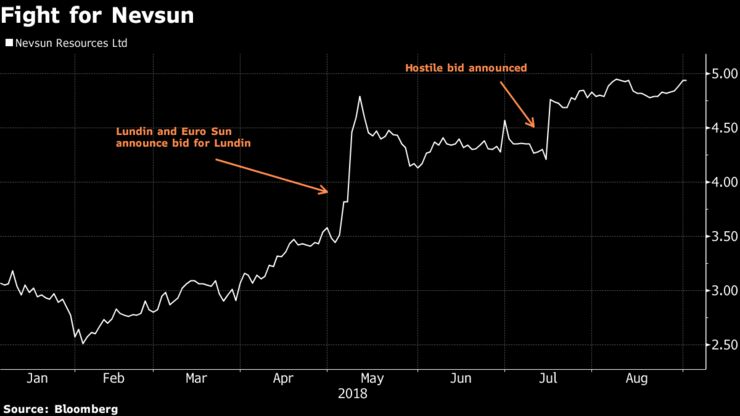Yemane Gebremeskel – Eritrea’s Minister of Information – has tweeted that this visit is under way.

The decision to send the ministers comes after the signing of a tripartite agreement between Eritrea, Ethiopia and Somalia. [See below]
And after the Ethiopians and Somalis urged Eritrea to make peace with Djibouti.
The background to the Djibouti mission is the conflict between Eritrea and Djibouti that erupted in 2008.
For many years it has been a source of tension in the region and was an outstanding issue, after Eritrea and Ethiopia signed a peace deal earlier this year.
The Djibouti-Eritrea question was also the reason why UN military sanctions against Eritrea were not lifted – despite UN monitors declaring that Eritrea was no longer aiding the Somali Islamist group, Al-Shabaab.
Joint Declaration on Comprehensive Cooperation Between Ethiopia, Somalia and Eritrea
Considering that the peoples of Ethiopia, Somalia and Eritrea share close ties of geography, history, culture and religion as well as vital common interests;
Respecting each other’s independence, sovereignty, and territorial integrity;
Desiring to bolster their historical ties to achieve their lofty objectives;
The Governments of Ethiopia, Somalia and Eritrea have reached the following agreement that reflects the aspirations of their peoples:-
1. The three countries shall foster comprehensive cooperation that advances the goals of their peoples.
2. The three countries shall build close political, economic, social, cultural and security ties.
3. The three countries shall work in coordination to promote regional peace and security.
4. The three governments hereby establish a Joint High-Level Committee to coordinate their efforts in the framework of this Joint Declaration.
Done in Asmara, September 5, 2018
For the Federal Democratic Republic of Ethiopia
Prime Minister Abiy Ahmed
For the Federal Republic of Somalia
President Mohamed Abdullahi Mohamed
For the State of Eritrea
President Isaias Afwerki






















